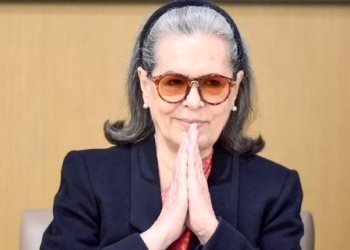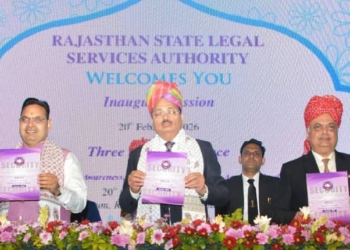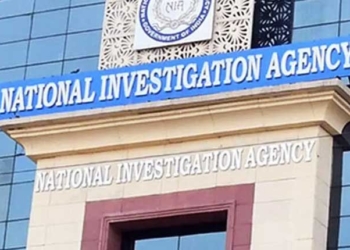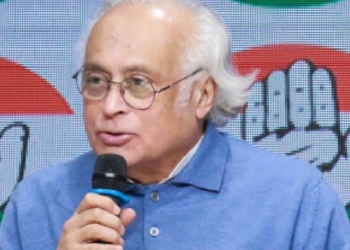New Delhi: There is no sense in the Bar Council of India (BCI) having regulatory powers over the entire spectrum of legal education, a Parliamentary Committee said on Wednesday.
Tabling its 142nd report – “Strengthening Legal Education in view of emerging challenges before the Legal Profession” in Parliament, the Department-related Parliamentary Standing Committee on Personnel, Public Grievances, Law and Justice, said that the BCI has neither power not expertise to meet the challenges of the ever changing globalised world.
“This view has also been expounded by the National Knowledge Commission. Also there is a near unanimity amongst all the expert witnesses who appeared before the Committee, on this particular issue,” said the Standing Committee, chaired by Rajya Sabha member Sushil Kumar Modi.
The Committee said that the Advocates Act, 1961 was enacted with a limited view of legal education producing only lawyers for courts but over the years, legal education has not remained confined to this limited role.
The parliamentary panel recommended that the BCI’s powers to regulate legal education should be limited to the extent of acquiring basic eligibility for practicing at the Bar.
“For other regulatory functions related to higher education in law i.e. post graduation and above, which are presently being performed by the BCI, and which are not related directly to practice at the Bar should be entrusted to an independent Authority, the National Council for Legal Education and Research to be established under the proposed Higher Education Commission of India,” it said.
Many of the stakeholders have also raised serious concern about the manner in which the BCI has used the power to inspect law colleges and granting them recognition which has led to a reckless proliferation of substandard law colleges in the country, the Parliamentary Committee added.
Stressing for quality over quantity while granting recognition to new colleges, the panel said that it is imperative for the BCI to take urgent and effective measures to curb the proliferation of substandard law colleges in India and to ensure the quality and excellence of legal education and profession in the country.
(IANS)
















